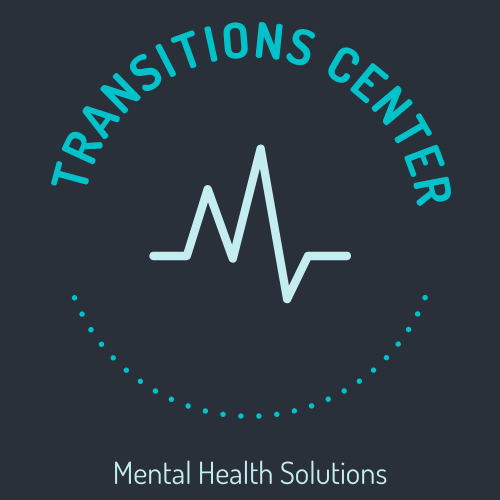Mental health illnesses are often very difficult to identify and diagnose. Many people suffer from them for years before getting the help they need. The good news is that there are 10 signs that you might be suffering from a mental health illness, and once you become aware of them, you can take the necessary steps to get help. In this article, we will discuss 10 of the most common signs that someone might be suffering from a mental health illness.
Most Common Signs of Mental Health Illness
Mental health illness can be tough to identify, as its symptoms often overlap with other conditions. It’s important to be mindful of your mental health, just as you would with your physical health.
Here are 10 of the most common signs:
1. Feeling depressed or sad
Depression is a common mental health illness that can affect anyone, regardless of age, race, or gender. It’s characterized by persistent feelings of sadness and hopelessness, decreased energy levels, changes in appetite and sleep patterns, trouble concentrating or making decisions, and feelings of worthlessness and guilt.
2. Loss of Appetite or excessive eating
If you have noticed a dramatic change in your weight or appetite, this could be a sign that you are suffering from a mental health illness. Unexplained weight gain or loss can be symptomatic of conditions like bipolar disorder and depression.
3. Experiencing emotional outbursts
Moods vary from person to person, but abrupt and dramatic changes in mood, such as severe despair or rage, might be signs of mental illness.
4. Sleep problems
One of the first and most noticeable signs that something might be wrong is if you’re having trouble sleeping. This could manifest as insomnia, or hypersomnia (sleeping too much). You might also have strange dreams, or sleepwalking. If you’re noticing any of these changes, it’s worth considering whether your mental health is playing a role.
5. Feeling more anxious than usual.
We’ve all been anxious or stressed at some point in our lives. However, if your anxiety is chronic and interfering with your life, it could be an indication of a mental health problem. Heart palpitations, shortness of breath, headache, sweating, trembling, dizziness, restlessness, diarrhea, or a racing mind are some of the other symptoms of anxiety.
6. Introverted or withdrawn
If you’re normally a chatty person but have suddenly become withdrawn and quiet, it could be a sign that something is wrong. Of course, there are many reasons why someone might not feel like talking, but if this change in behavior is accompanied by other symptoms on this list, it’s worth considering whether there’s an underlying mental health issue at play.
7. Abuse of drugs and alcohol.
One of the most common signs of mental health illness is substance abuse. This can manifest in a number of ways, including using drugs or alcohol to cope with feelings of anxiety or depression, self-medicating in an attempt to improve symptoms, or engaging in risky behaviors. If you find that you’re relying on substances more and more, it’s important to reach out for help.
8. Changes in behavior or feelings
One of the most common signs that you may be suffering from a mental health illness is changes in your behavior or feelings. If you’ve been feeling down, moody, anxious, or stressed for an extended period of time, it’s possible that you’re struggling with a mental health issue.
9. Lack of concentration
If you can’t focus on anything or complete tasks like you used to, it might be a sign of mental illness. Racing thoughts or constant worry can lead to problems concentrating. Difficulty making decisions is another sign of trouble. You may also have trouble remembering things. These problems can make it hard to work or go to school.
10. Low energy or lack of motivation
Feelings of tiredness and lassitude are also typical among those who are dealing with mental illness. It might be more difficult to concentrate, follow conversations, or think quickly if you’re mentally or physically sluggish.
About the Authors
Transitions Center for Natural Mental Health Treatments for a variety of physical and mental dependency issues and conditions. Substance use disorders are difficult to understand for many people. The physical and mental aspects of any substance disorder are complicated and unique to the individual suffering. The differences between physical and psychological dependency vary but have some similarities. Transitions Center for Natural Mental Health Treatments help the public know what to look for as a means of helping a loved one cope with the challenges of mental health disorders.
Sponsored by the best cbd oil online delivery. If you’re looking for an alternative to prescription drugs, Mary Jane’s CBD Dispensary is the place to go. As America’s favorite and most talked about natural remedy, cannabinol (CBD) has become a popular choice among consumers because of its many benefits. Our team at Mary Jane’s are extremely passionate about this industry-leading product and aim to educate our customers on how they can incorporate it into their lives with ease. Are you ready to take your health goals seriously? Get in touch with us today!

